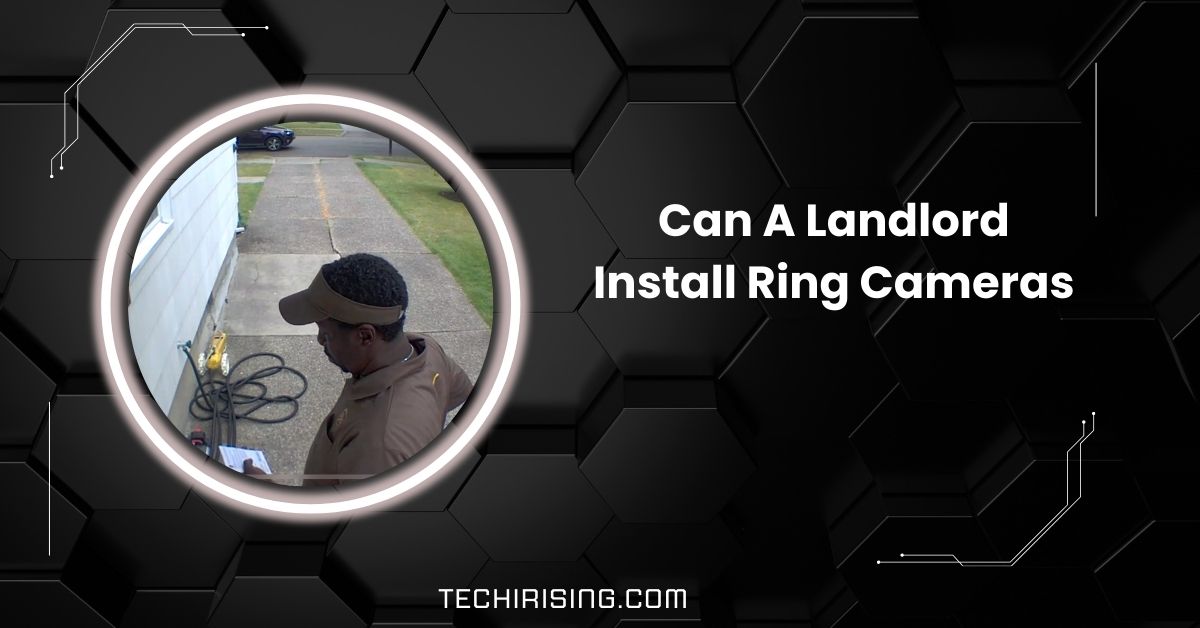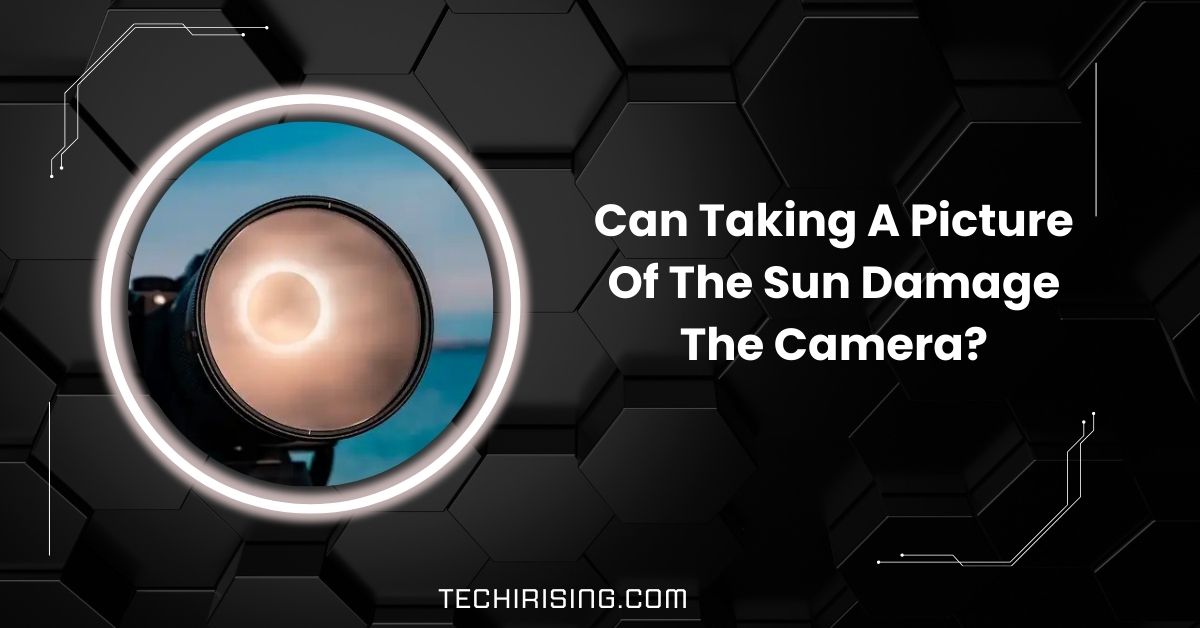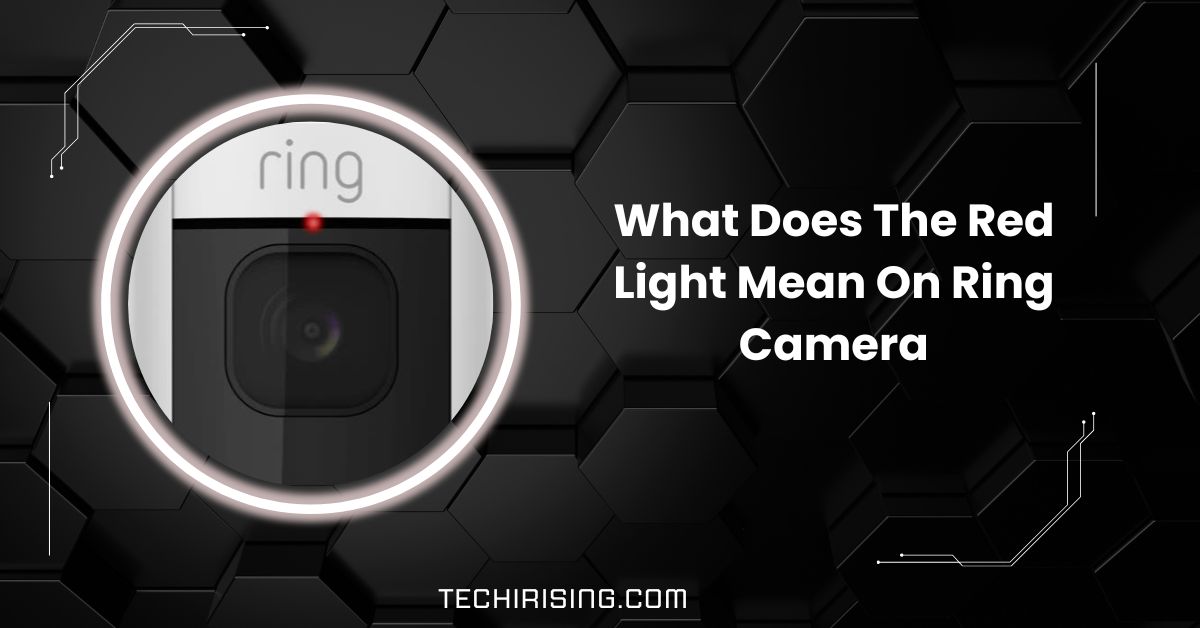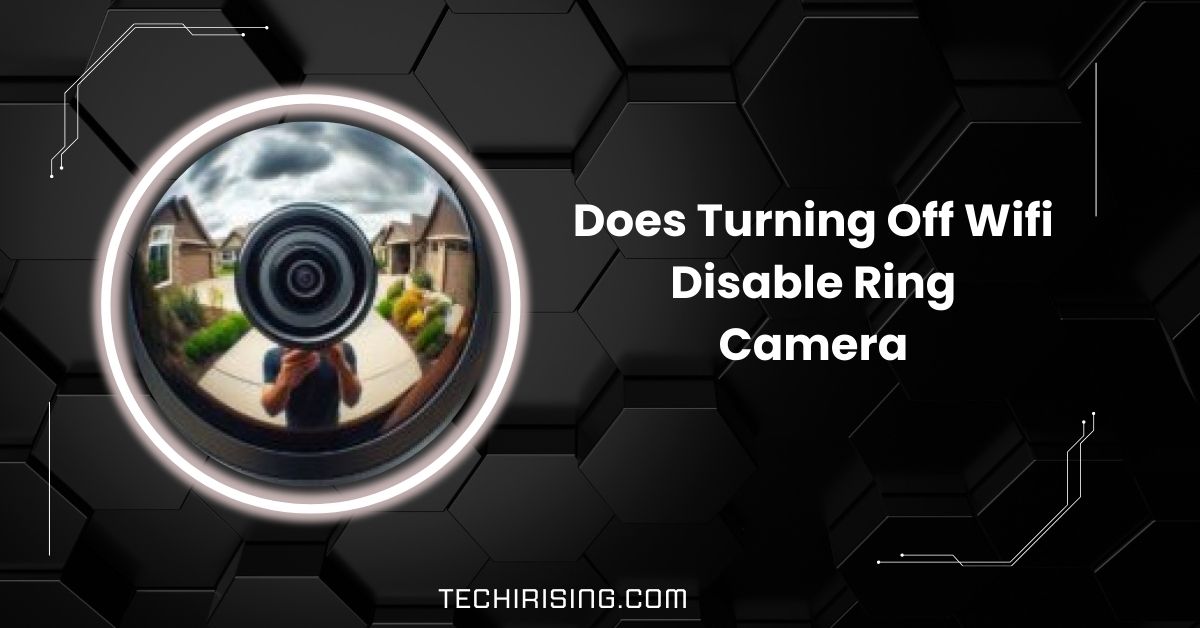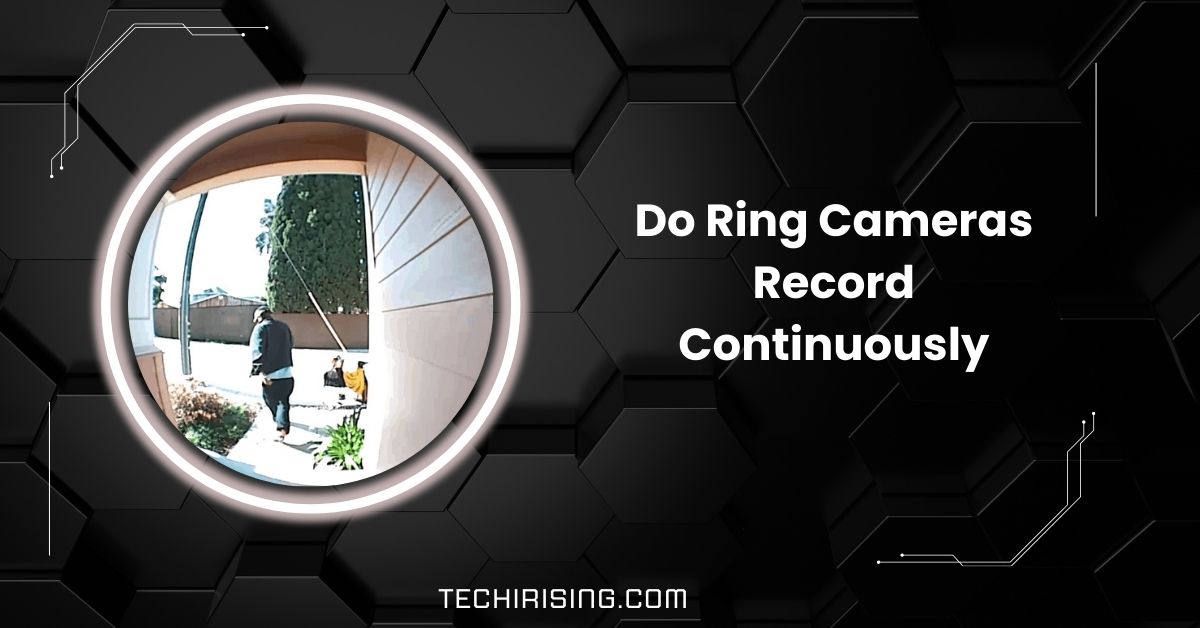When it comes to security, many landlords and tenants are considering installing Ring cameras to help protect their property.
Yes, landlords can install Ring cameras on their rental properties, especially in shared or outdoor spaces. However, they must respect tenant privacy and provide proper notice. Tenants can also request permission to install their cameras.
In this article, we’ll explore the ins and outs of Ring cameras in rental properties, highlighting the rights and responsibilities of both landlords and tenants, along with the legal and ethical considerations surrounding security systems like these.
What Are Ring Cameras?
Ring cameras are smart home security devices that help keep an eye on your property. They come with features like motion detection, live video streaming, and two-way audio so that you can see and talk to anyone near your home.
These cameras are often used to monitor doorways, driveways, and shared spaces. Their goal is to make homes safer while letting users check in from anywhere using a phone or computer.
Reasons Landlords Consider Installing Ring Cameras
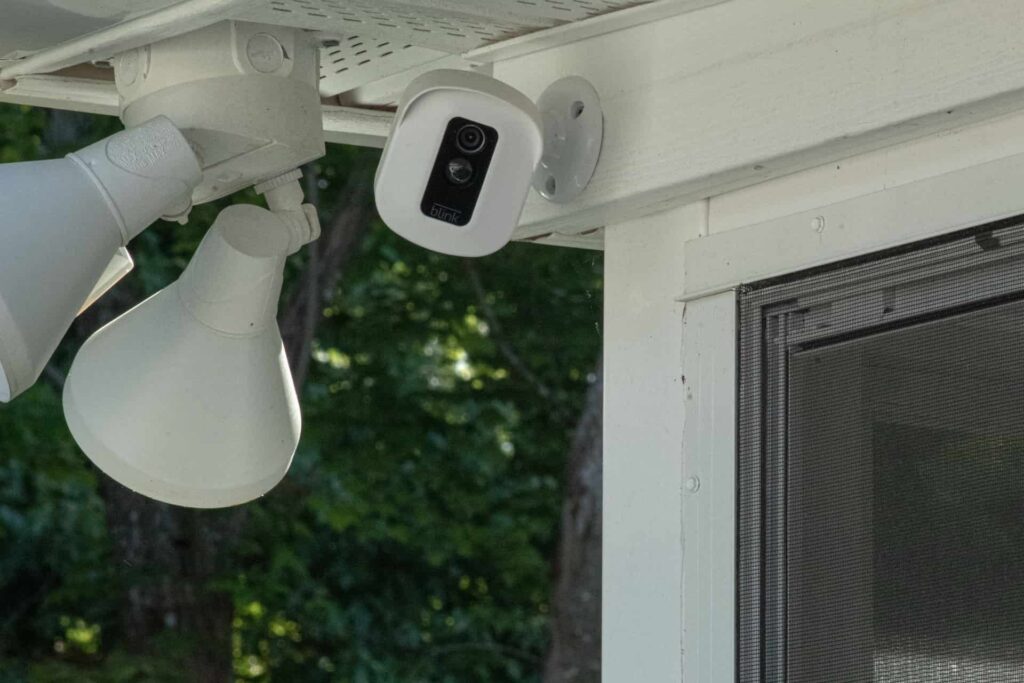
1. Enhanced Property Security
Landlords use Ring cameras to keep their properties safe. Cameras help prevent break-ins and keep an eye on the surroundings.
Knowing a place is under surveillance can discourage bad behavior and give landlords peace of mind. It’s a smart way to protect the property and its value.
2. Monitoring Potential Vandalism
Cameras are great for catching or preventing property damage. Landlords can monitor shared areas or entry points to spot vandalism early.
If something happens, recorded footage can help identify who’s responsible. It’s a proactive step to keep the property in good shape and avoid costly repairs.
3. Safety for Tenants
Installing cameras can make tenants feel more secure. When entryways and parking areas are monitored, tenants know their safety is a priority.
It also adds a layer of trust between landlords and tenants, showing that landlords care about protecting their living spaces.
Also Read: Agilios AC40 Camera – An Ultimate Guide In 2024!
Legal Considerations for Landlords
1. Privacy Laws
Landlords must respect tenant privacy. Cameras can’t be placed in private areas like bedrooms, bathrooms, or inside rental units.
Tenants have the right to feel secure in their personal spaces. Breaking these laws can lead to legal trouble, so landlords should be careful about where they install cameras.
2. Consent Requirements
In many places, landlords need to inform tenants before installing cameras. Clear communication is key. Some areas may require written consent to avoid misunderstandings. This helps build trust and ensures everyone agrees on where and how cameras will be used for security purposes.
3. State and Local Regulations
Rules about security cameras can vary by location. Some states have stricter laws than others. Landlords should always check local regulations to make sure they’re following the rules. Ignoring these laws can lead to fines or legal problems, so staying informed is a must.
Ethical Implications
1. Respecting Tenant Privacy
Tenants deserve privacy in their homes. Landlords should only install cameras in public or shared areas like entryways or parking lots.
Avoid putting cameras where tenants expect privacy, such as inside their homes. Respecting privacy shows landlords value tenants’ trust and comfort while keeping the property secure.
2. Building Trust with Tenants
Being honest about camera installation builds trust. Landlords should let tenants know why and where cameras are placed.
Clear communication avoids confusion and makes tenants feel safer. When tenants see landlords acting transparently, it strengthens their relationship and reduces potential misunderstandings.
Practical Installation Guidelines
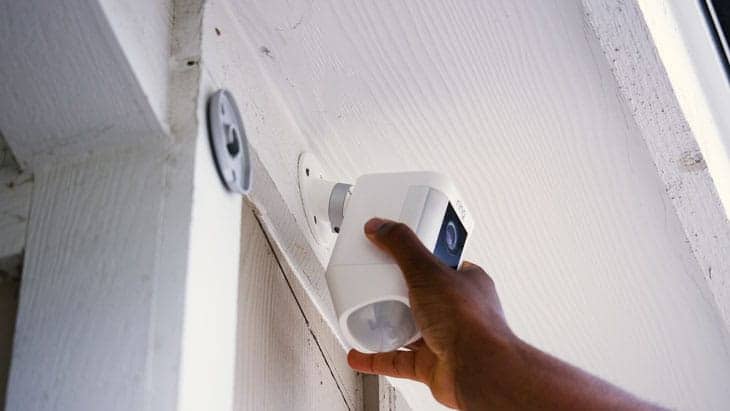
1. Where Can Cameras Be Installed?
Cameras should only monitor shared or outdoor spaces like entrances, driveways, or parking areas. These spots are common for ensuring safety without invading anyone’s personal space.
Placing cameras outside also makes them visible, serving as a deterrent to anyone considering criminal Activity around the property.
2. Areas to Avoid
Never install cameras in private areas like bedrooms, bathrooms, or spaces visible through tenant windows.
These spots are off-limits and can cause serious legal and ethical issues. Landlords should respect tenant boundaries to avoid complaints and maintain a good reputation.
3. Proper Use of Recorded Footage
Recorded footage should only be used for security purposes. Landlords must keep it secure and prevent unauthorized access.
Misusing recordings, like spying on tenants, can lead to legal trouble and damage trust. Responsible handling of footage protects both tenant privacy and the landlord’s integrity.
Benefits of Installing Ring Cameras
- Deters Crime: Visible cameras discourage thieves and vandals from targeting the property, keeping tenants and belongings safe.
- Provides Evidence: If an incident happens, recorded footage can help identify suspects or solve disputes quickly.
- Enhances Tenant Security: Tenants feel safer knowing shared areas and entryways are monitored, adding peace of mind.
- Adds Property Value: A secure property with cameras can attract more tenants and justify higher rental rates.
- Monitors Activity Remotely: Landlords can check on their property anytime through the app, making it easier to stay informed.
Must Read: Can I Use Ring Cameras At Two Different Houses – Exploring
Potential Drawbacks
- Privacy Concerns: Tenants may feel uncomfortable or believe their privacy is being invaded.
- Legal Risks: Improper camera placement can lead to lawsuits or penalties.
- Costs: Cameras and their maintenance can be expensive for landlords.
- Technical Issues: Cameras may malfunction, requiring repairs or replacements.
- Tenant Relationship Strain: Surveillance might cause distrust if not properly communicated.
Alternatives to Ring Cameras
- Traditional Security Systems: Alarm systems without cameras can offer protection without invading privacy.
- Tenant-Installed Cameras: Let tenants choose and install their own security devices.
- Motion-Activated Lights: Bright lights can deter intruders without recording anyone.
- Neighborhood Watch Programs: Collaborating with neighbors can improve overall safety.
- Security Guards or Patrols: Hiring professionals to monitor the property can provide peace of mind.
Tips for Landlords
- Inform Tenants: Always let tenants know about camera installation and its purpose.
- Respect Privacy: Avoid placing cameras in private or sensitive areas like bedrooms or bathrooms.
- Check Local Laws: Understand and follow state and local regulations regarding surveillance.
- Secure Recorded Footage: Protect video recordings from unauthorized access or misuse.
- Maintain Cameras: Regularly check and maintain cameras to ensure they work properly.
Can A Landlord Put Cameras Outside The House
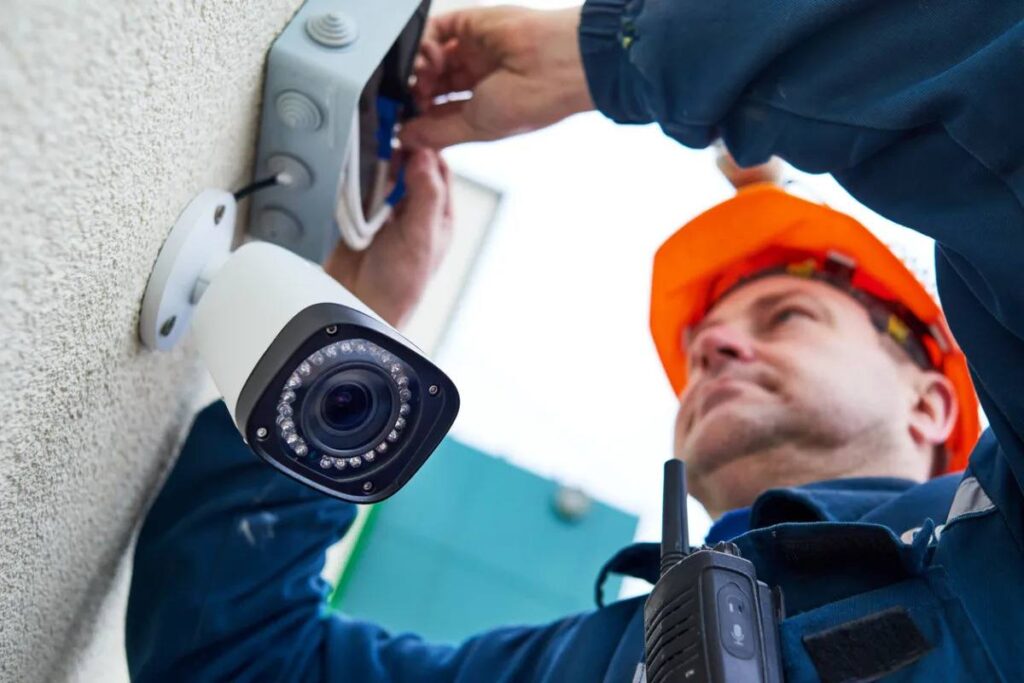
Yes, a landlord can install cameras outside the house, such as in entryways or parking areas. These are public spaces, so tenants generally do not expect privacy there. However, landlords must avoid invading private areas like windows.
Can A Landlord Install Ring Cameras In Florida
Yes, landlords can install Ring cameras in Florida, but they must follow state privacy laws. Cameras can be placed in shared spaces or outside areas. Landlords must inform tenants and avoid monitoring private areas like bedrooms or bathrooms without consent.
Can A Landlord Install Ring Cameras In California
In California, landlords can install Ring cameras, but they must comply with privacy laws. Cameras are allowed in public areas but not in private spaces like inside rental units or bedrooms. Tenants should be notified, and consent may be required.
Can A Landlord Install Ring Cameras In Texas
In Texas, landlords can install Ring cameras in shared or outdoor spaces, but they must respect tenant privacy.
Cameras should not be placed inside rental units or in areas where tenants expect privacy. Landlords should inform tenants about surveillance.
Can A Tenant Install A Ring Camera
Yes, tenants can install their Ring cameras, but they should get permission from the landlord first, especially if the camera is placed in common areas or affects the property. Tenants should also avoid monitoring areas outside their rental unit.
Read Out: Do Ring Cameras Have Audio – Everything You Need To Know!
Landlord Installed Ring Doorbell
A landlord-installed Ring doorbell can help with security, but it must be placed in shared spaces like entryways.
The landlord should inform tenants about the installation and make sure it doesn’t invade tenants’ privacy by monitoring private areas.
Can the landlord install cameras in my apartment?
No, landlords cannot install cameras inside your apartment without your consent. Doing so would violate your privacy. They can only install cameras in shared or outdoor spaces. Always check your lease for any surveillance clauses.
Landlord renting house with Ring Doorbell
If a landlord rents out a house with a Ring doorbell, it’s typically placed outside, like at the front door. Tenants should be informed about its presence. The camera should only monitor public or shared spaces, not private areas.
Can Tenants Install Security Cameras?
Yes, tenants can install security cameras in their rented space, but they should get permission from the landlord first. Cameras should be placed in private areas of the rental, not in shared spaces or areas where the landlord may feel uncomfortable.
Ring doorbell on a house we’re renting with no access to it?
If a landlord installs a Ring doorbell on a house you’re renting but doesn’t give you access, it’s important to check your lease. The landlord may have the right to install it for security, but you should be informed about its use.
My landlord has a ring camera at my rental place.
If your landlord has installed a Ring camera, it should be in shared or outdoor areas like the entrance. They must inform you about it, and they should not monitor private spaces like inside your rental unit or windows.
Landlord watching us come and go
If a landlord is watching tenants come and go through a Ring camera, it might feel intrusive. While outdoor surveillance is legal, tenants should be informed and agree to it. Excessive monitoring can lead to privacy concerns and strained relationships.
Landlord says I can’t put a Ring camera outside my door or peephole….

If a landlord says you can’t install a Ring camera outside your door or peephole, it’s likely because it might interfere with the property or violate rules. Check your lease agreement, and talk to your landlord to understand their reasoning.
Where Landlords Cannon Install Security Cameras And Systems
Landlords cannot install security cameras inside rental units or in areas where tenants have a reasonable expectation of privacy, like bedrooms or bathrooms. Cameras must be placed in common areas or shared spaces to avoid privacy violations and legal issues.
Can a renter put a ring camera on the front door for security in an apartment?
Renters can install a Ring camera on the front door of an apartment if they get the landlord’s permission. It’s important to ensure the camera is installed in a private space, like the door, without invading shared areas or the landlord’s property.
FAQs
1. Can landlords have a Ring camera?
Yes, landlords can have Ring cameras in shared or outdoor spaces, but they must respect tenant privacy and inform tenants.
2. Can I install security cameras in a rental property?
Yes, tenants can install security cameras with landlord approval, as long as they don’t invade shared or private spaces.
3. Is it legal to have a Ring camera in an apartment building?
Yes, it’s legal for landlords to install Ring cameras in shared areas of an apartment building with proper notice to tenants.
4. Are Ring cameras renter friendly?
Yes, Ring cameras are renter-friendly, but tenants need landlord permission to install them, especially in shared or common areas.
5. Can a landlord make you take down security cameras?
Yes, a landlord can ask you to remove security cameras if they violate privacy or interfere with the property’s rules.
6. Is the landlord responsible for the doorbell?
The landlord is responsible for the doorbell if it’s part of the rental property, including maintenance of any installed cameras.
Conclusion
In conclusion, while landlords can install Ring cameras in shared or outdoor spaces, they must respect tenant privacy and follow legal guidelines. Tenants should always seek permission before installing their cameras. Clear communication and trust are key to maintaining a positive landlord-tenant relationship.

